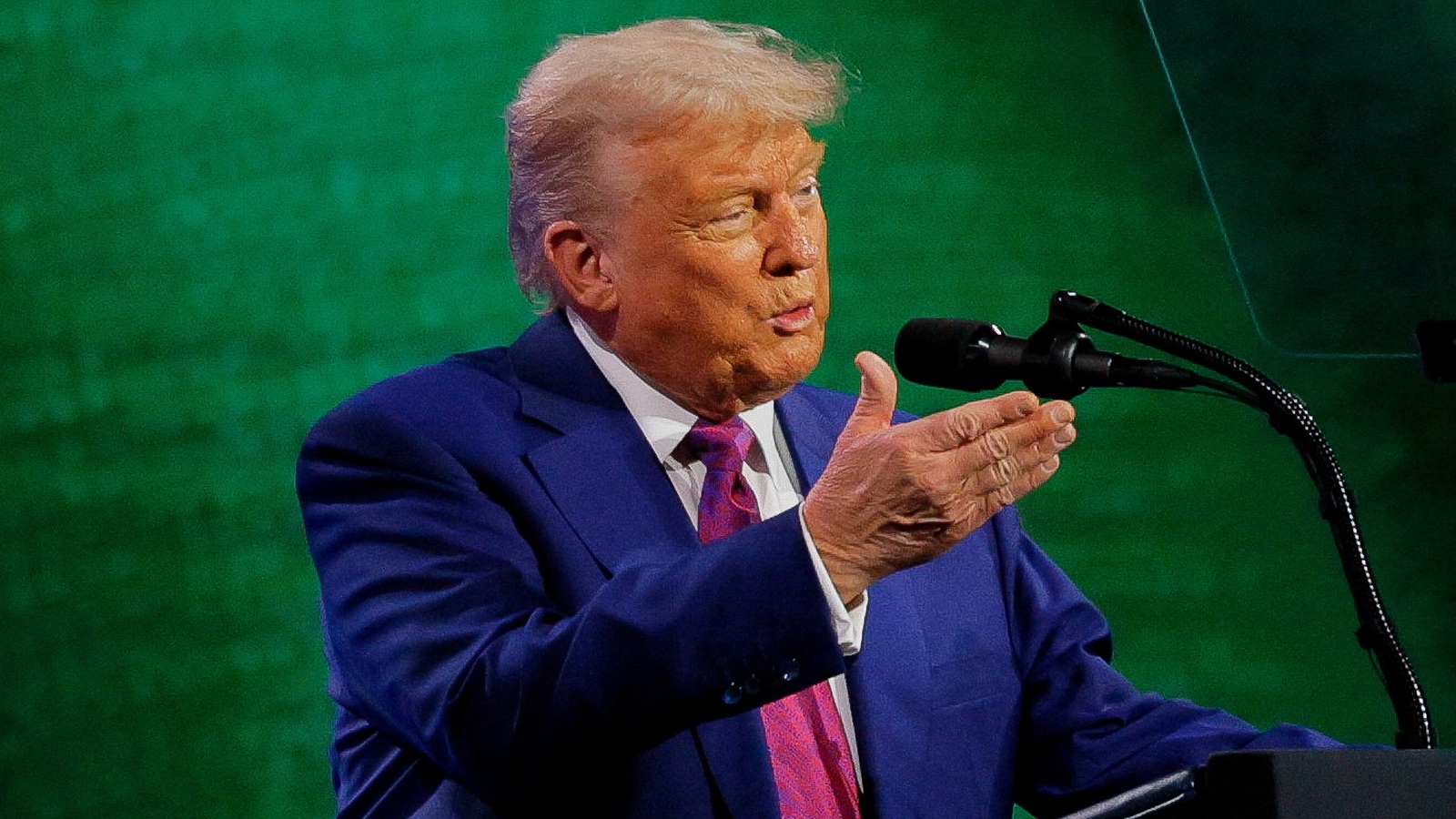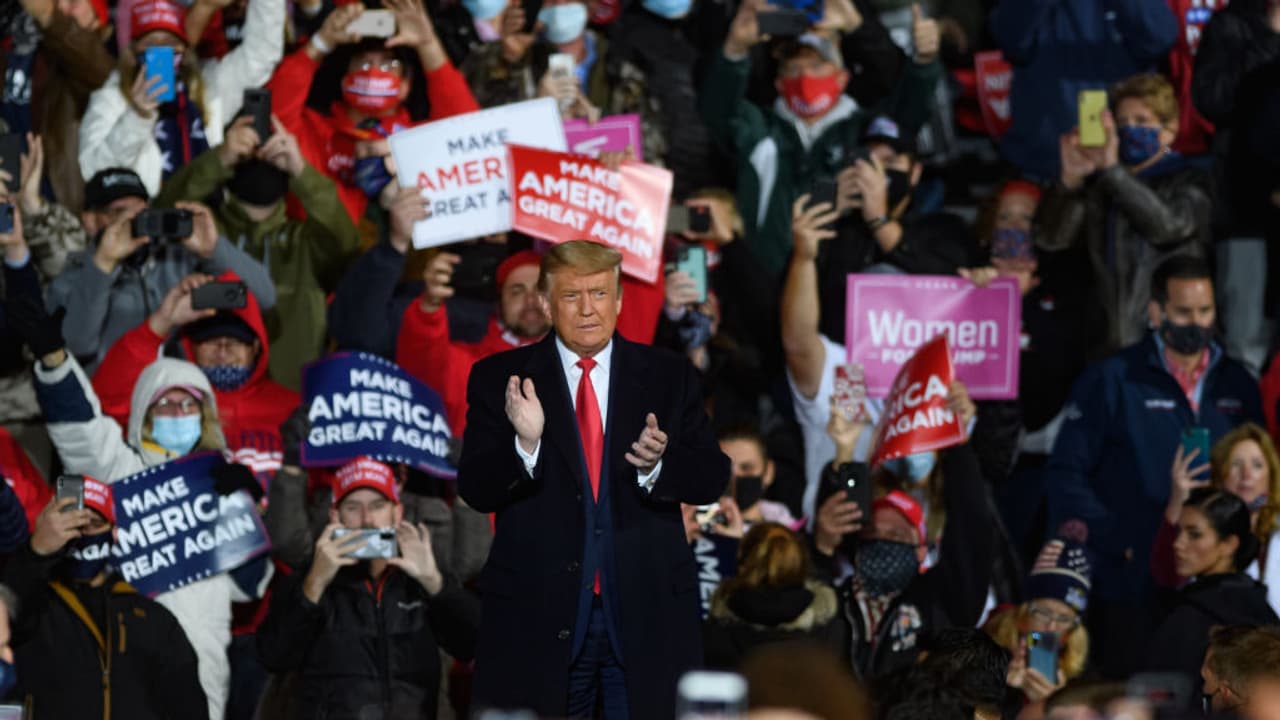As tensions rise in the Middle East, President Trump finds himself at odds with key voices in his own movement. The rift could shake up his core support base.
President Donald Trump is under fire from some of his staunchest allies within the “Make America Great Again” camp over the possibility of a U.S. strike on Iran. As discussions over military action escalate, familiar voices from Trump’s own isolationist coalition are pushing back, urging restraint and warning of the consequences of another American war in the Middle East.

Among them is Steve Bannon, who has long been a vocal advocate for an “America First” approach. Speaking in Washington, Bannon warned against repeating past foreign policy errors, referencing the prolonged U.S. involvement in Iraq. “We can’t do this again,” he said. “We’ll tear the country apart.”
The shift in Trump’s stance, from favoring diplomatic solutions to signaling openness to joining Israel militarily, has triggered concern among those who believe the U.S. should steer clear of overseas conflicts. The possibility of deploying powerful weaponry, including a 30,000-pound "bunker buster," further heated the debate.
Despite the anti-war chatter within his base, Trump appeared unfazed. When asked about the criticism, he dismissed it, saying his supporters still back him strongly. “My supporters are more in love with me today. I only want one thing: Iran cannot have a nuclear weapon,” he declared from the White House.
However, others see cracks forming. Former Trump adviser Marc Short acknowledged the divide but remained confident in the president’s standing. “Ultimately, I think that most of the president's followers are loyal to him more so than any worldview,” Short said. Still, he recognized that the party was facing a “pretty large rift.”
Trump Image to Hit If US Gets Involved In Middle East

Polling suggests the issue may be complex for Trump. While traditional conservatives tend to support standing by Israel, isolationist Republicans are showing growing resistance. A poll earlier this year found 48% of Republicans backed U.S. military support for Israel regardless of the threat’s origin, while 28% opposed it.
Steve Bannon, meanwhile, continued to call for a more transparent decision-making process. “This is not something you play around with,” he said, referring to Iran as an ancient civilization with a population of over 90 million. “The American people have to be on board.”
He wasn’t alone. Marjorie Taylor Greene echoed the sentiment, stating bluntly: “We are sick and tired of foreign wars. All of them.” Tucker Carlson added fuel to the fire by verbally clashing with Senator Ted Cruz on-air, lambasting him for advocating regime change in Tehran. The exchange, which quickly went viral, showed just how deep the divisions run.
Despite the brewing internal dissent, some Republicans, like Senator Lindsey Graham, continued to call for aggressive support of Israel, labeling Iran an “existential threat.” But others, including Vice President JD Vance, urged calm. “People are right to be worried about foreign entanglement. But I believe the president has earned some trust on this issue,” Vance wrote online.
For now, Trump remains non-committal on the next steps. “I have some ideas,” he said. “But I haven’t made a final decision.” As the situation unfolds, the pressure from both inside and outside his political camp will test not only Trump’s foreign policy instincts, but also the durability of the coalition that helped carry him to power.


